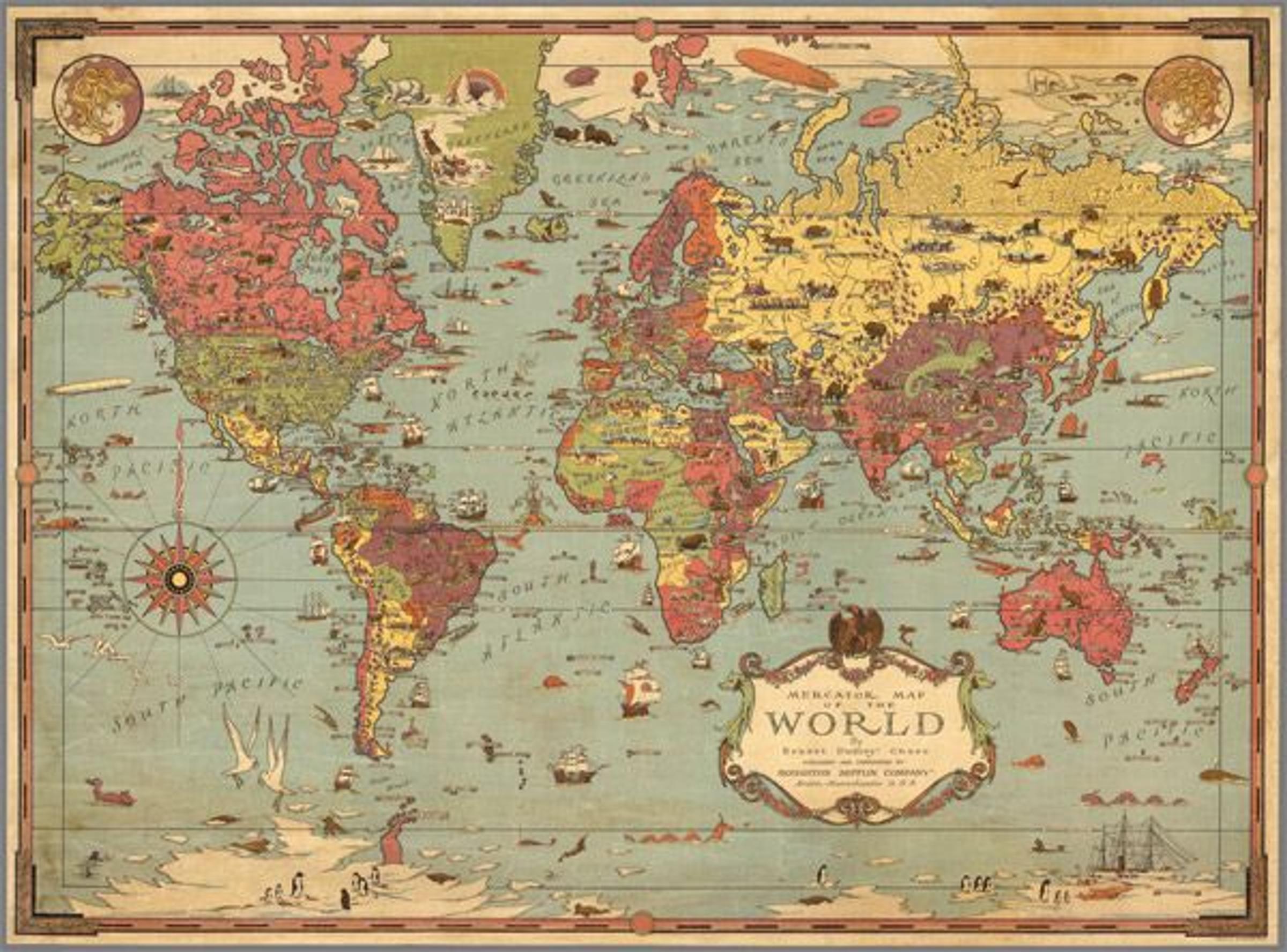Global Politics

From 2023 Global Politics will be a VCE subject.
This unit is the study of contemporary power at both national and global levels. Through this study students explore, explain, analyse and evaluate national and global political issues, and events.
This study enables students to:
- understand and apply fundamental political concepts
- understand the nature of contemporary politics and power in national and global contexts
- critically examine the characteristics and features of Australian democracy
- analyse factors that shape the formulation and implementation of domestic and foreign policy
- analyse global issues and challenges, and the key actors that influence these
- evaluate the effectiveness of responses to global crises
- develop skills of logical and rational analysis, synthesis and argument.
Unit 1: Political ideas, political actors and political power
In this unit students are introduced to the concepts and significance of politics, power, authority and legitimacy. Students explore the political spectrum: left, right, radical, conservative – and consider the ideas that shape political systems, such as liberal democracy, socialism, fascism, authoritarianism and theocracy. They consider the nature of power in Australian democracy and in a non-democratic political system.
Students will also be introduced to the nature and influence of key political actors in Australia: political parties, interest groups and the media. All these forms of participation in Australian democracy influence the political agenda.
This unit is contemporary in focus and students will use examples and case studies from within the last 10 years.On completion of this unit the student should be able to:
- identify and explain key ideas relating to the exercise of political power, and
- analyse and evaluate different approaches to governmental power by comparing Australian democracy with a non-democratic political system.
- explain and analyse the roles and functions of political parties, interest groups and the media and their influence on participation in Australian politics.
Unit 2: Global connections - Global links, cooperation and conflict
This unit introduces students to the global community and the various stakeholders that form it.
In Area of Study 2, students consider the extent to which global actors cooperate and share visions and goals as part of the global community. They investigate the ability of the global community to manage areas of global cooperation and to respond to issues of global conflict and instability.
This unit is contemporary in focus and students must use examples and case studies from within the last 10 years.
On completion of this unit the student should be able to:
- identify and analyse the social, political and economic interconnections created by globalisation and evaluate Australia’s participation in the global community.
- describe and analyse the extent to which global actors can effectively manage cooperation, conflict and instability in relation to selected case studies.
